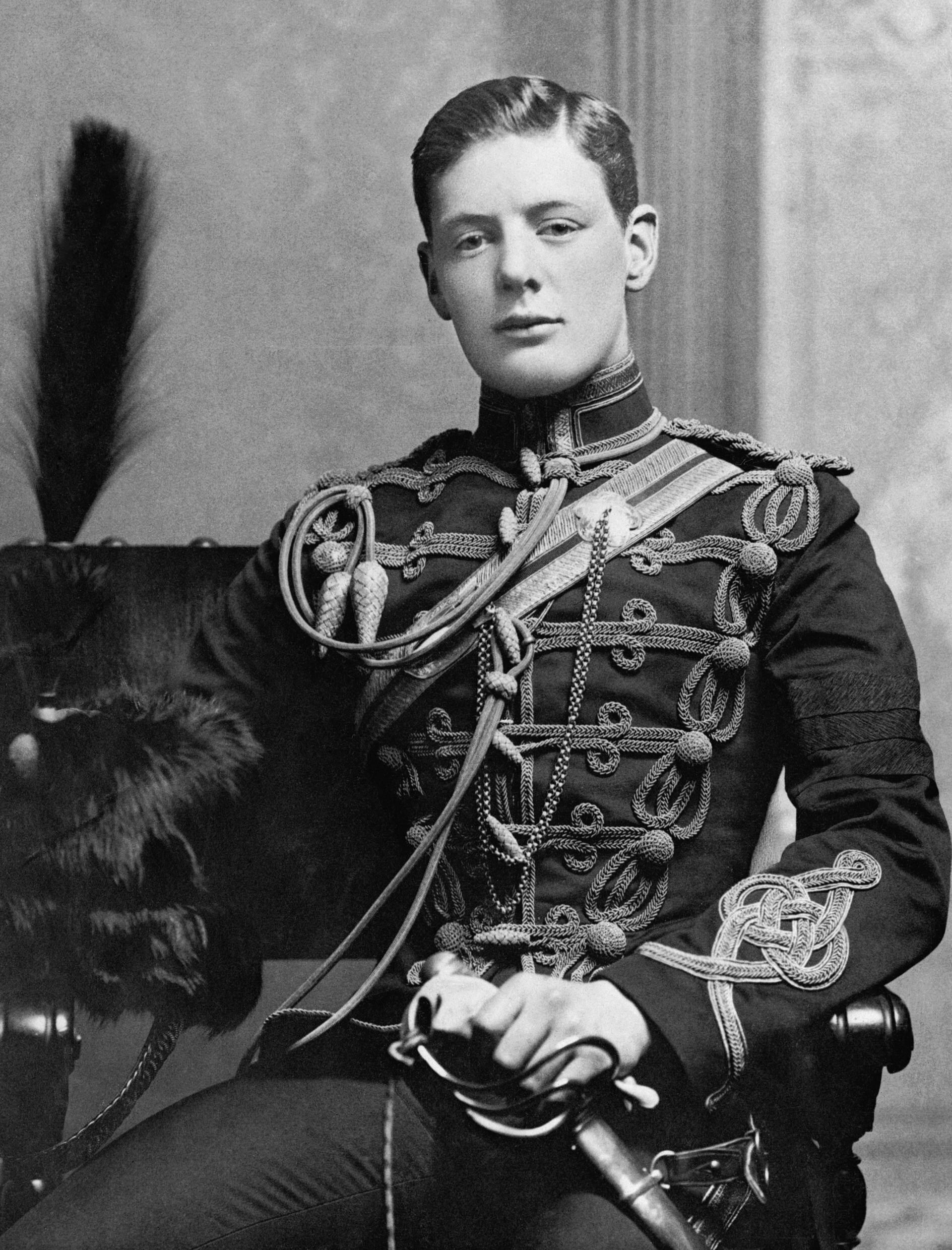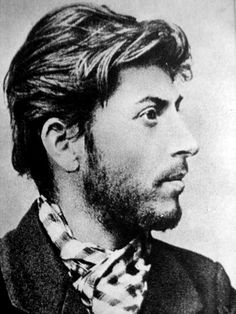-snip- Sorry, it was pretty long!
Give George to Canada or Australia.
That man and his impressive beard must be kept on the throne....at least somewhere.
I would love to see SPD imperial socialism Germany and Britain against the capitalist.
Great update. Damn you for that cliffhanger though! The Short War? Is that TTl's Great Wars?
Intrigued!
Wow, I'm glad everyone is enjoying it! It's cool to see a couple accurate predictions alongside some pretty damn wrong ones!
Another update should be out tonight


